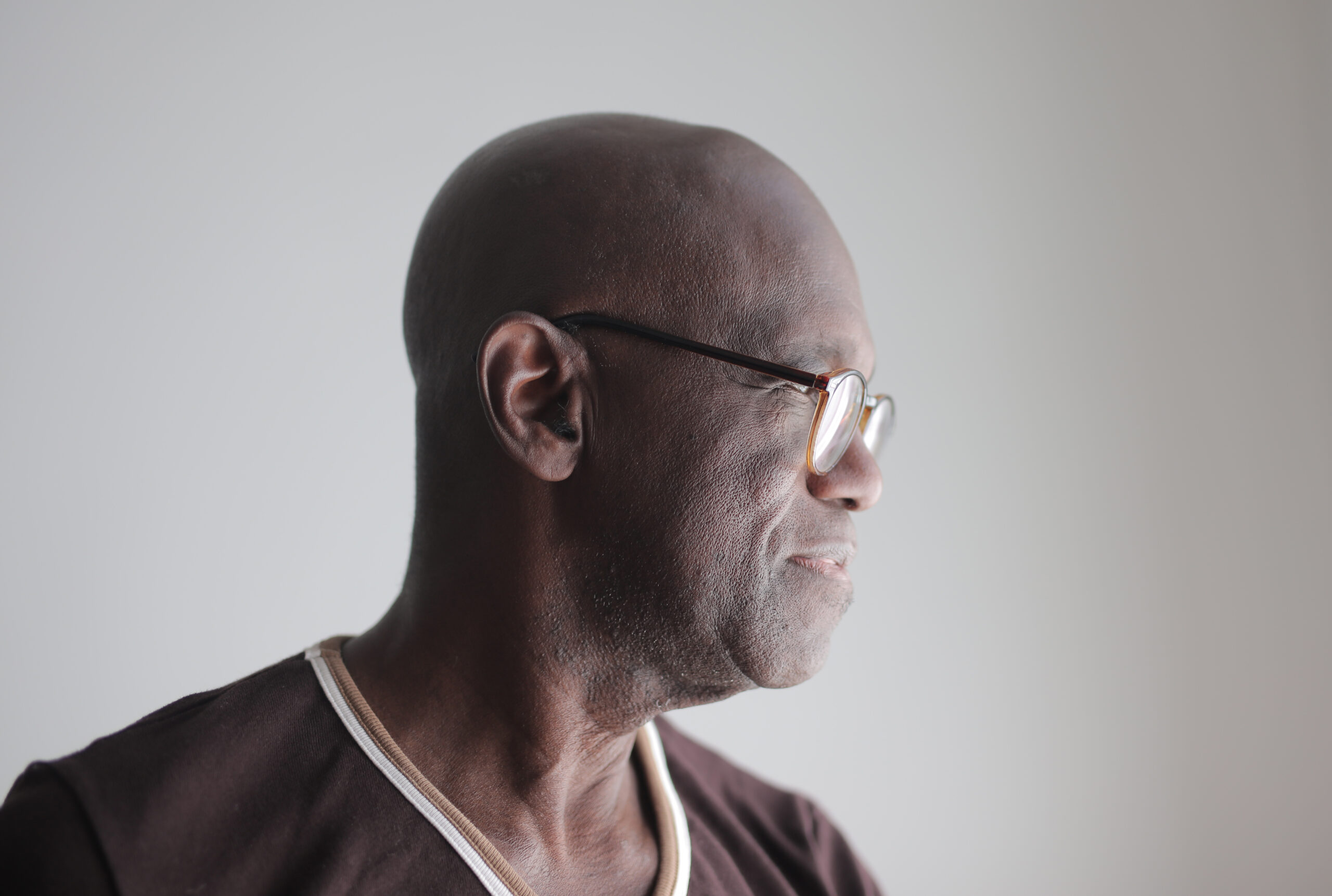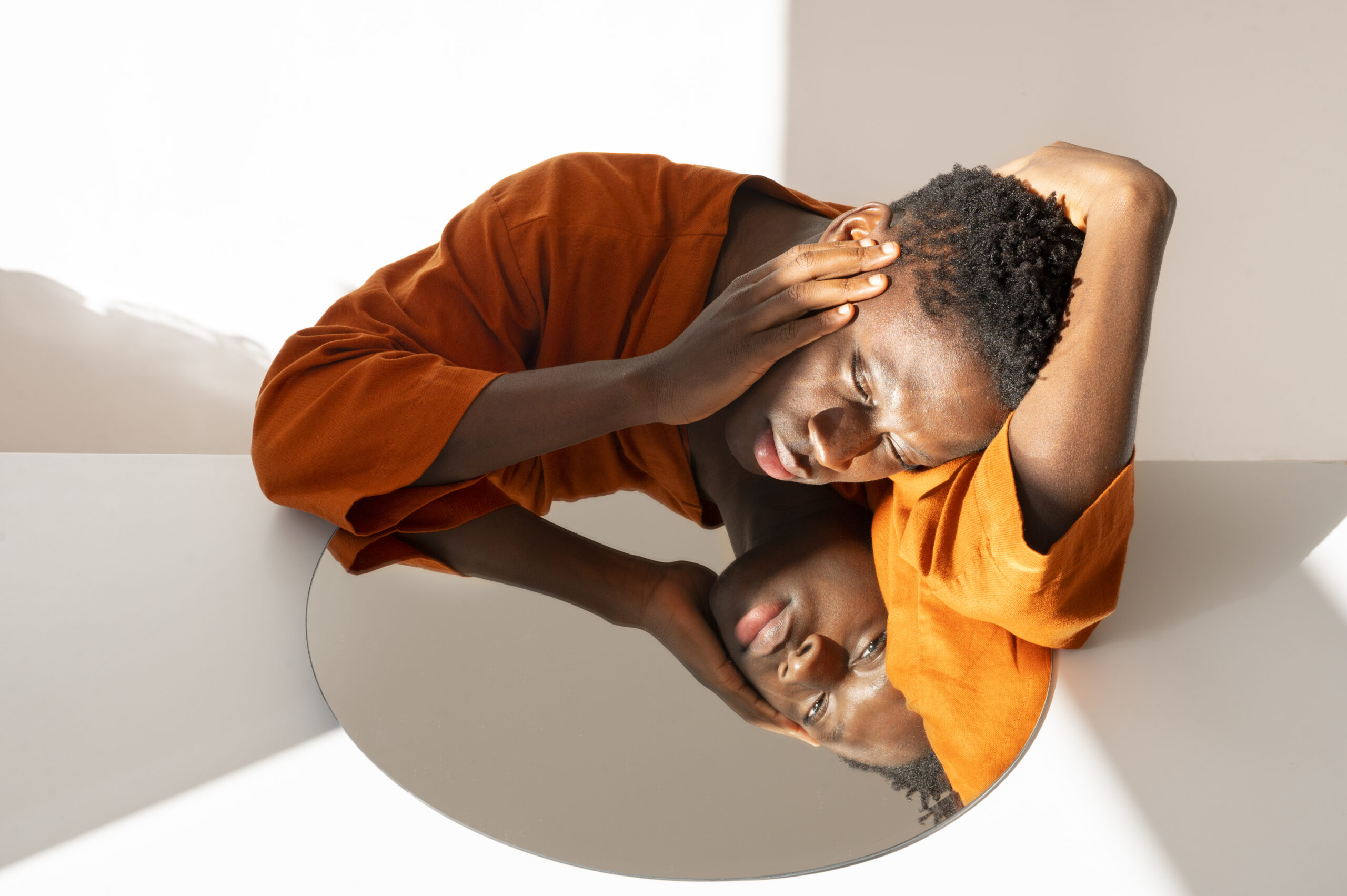Introduction
In many Nigerian communities, stories still abound of elderly women being branded as
witches. These accusations often arise when such women are found wandering aimlessly a
night, forgetting the way home, talking to themselves, or engaging in unusual behavior that
confuses those around them. In several reported cases, these women have been beaten,
tortured, banished, or even killed on suspicion of witchcraft. While cultural beliefs about
witchcraft remain deeply rooted, modern medical science shows that many of these
behaviors are not mystical at all. They are symptoms of dementia, a group of brain
disorders that severely affect memory, thinking, behavior, and the ability to perform daily
activities.
It is crucial for Nigerians to understand that dementia is not witchcraft. It is a medical
condition that requires compassion, care, and treatment, not stigma, torture, or death.
Understanding Dementia
Dementia is not a single disease but an umbrella term for several conditions that cause a
decline in mental functioning. The most common form is Alzheimer’s disease, but others
include vascular dementia, Lewy body dementia, and frontotemporal dementia. According
to the World Health Organization (WHO, 2023), more than 55 million people worldwide live
with dementia, with nearly 10 million new cases every year.
The risk of dementia increases with age. Symptoms often include:
- Memory loss (forgetting names, places, directions)
- Disorientation (wandering or getting lost)
- Confusion about time or environment
- Changes in personality and behavior
- Difficulty speaking, understanding, or reasoning
- Hallucinations in advanced cases
To an untrained eye, these symptoms may appear strange or “spiritual.” However, they are
the direct result of damage to the brain caused by aging, disease, or other medical factors,
not witchcraft.
Dementia in Nigeria: A Hidden Crisis
Nigeria, with one of the largest aging populations in Africa, is facing a growing but underrecognized dementia crisis. Due to limited awareness and lack of specialized health care,
dementia is often mistaken for normal aging, madness, or spiritual affliction. Families may
hide elderly relatives showing symptoms because of shame or fear of community judgment.
In rural communities especially, when an elderly woman roams about at night, sits in
strange places, or engages in incoherent speech, she is frequently accused of being a witch
whose “powers have failed.” This tragic misunderstanding has led to horrific cases where
older women, some in their 70s, 80s, or 90s, have been beaten or even lynched by mobs.
Why Elderly Women Are Often Targeted
There is a gendered dimension to this problem. While men with dementia also suffer,
women, particularly widows, are more vulnerable to witchcraft accusations. This is due to: - Cultural stereotypes
- Social isolation
- Patriarchal systems
- Ignorance of dementia symptoms
This intersection of gender, age, and cultural stigma makes elderly women living with
dementia especially vulnerable.
Dementia Is Medical, Not Mystical
It is important to stress: dementia is a neurological condition, not evidence of witchcraft.
The following scientific facts dismantle the myths:
- Brain changes are visible in medical scans.
- Dementia occurs worldwide, not just in Africa.
- Symptoms follow a predictable medical progression.
- Treatable risk factors exist, even if there is no cure.
These facts should shift our response from superstition to compassionate caregiving.
The Human Cost of Misunderstanding
When dementia is mistaken for witchcraft:
- Innocent elderly women are killed.
- Families are traumatized.
- Communities live in fear.
- Medical care is delayed.
This cycle of violence and ignorance undermines both human rights and public health in
Nigeria.
What Needs to Change
- Public education to raise awareness.
- Healthcare training for early detection.
- Policy and legal protection.
- Community-based care systems.
- Partnerships with organizations like CICN, WHO, and UNICEF.
The Role of CICN
The Chartered Institute of Counseling in Nigeria (CICN) is committed to breaking the
harmful link between mental illness, dementia, and witchcraft accusations. Through
research, counseling education, and advocacy, CICN is raising awareness that dementia is a
medical condition, elderly people deserve dignity, and communities must support, not
punish them.
Conclusion
The belief that dementia equals witchcraft is not only false but also deadly. In Nigeria, too
many elderly women have suffered because communities failed to recognize the signs of
dementia. It is time to replace fear with knowledge, and superstition with science.
When an old woman is seen wandering at night or behaving strangely, she does not need
accusations, she needs care, medical attention, and love. Dementia is not witchcraft. It is a
disease of the brain, and like every disease, it deserves a humane and informed response.
References
World Health Organization. (2023). Dementia Fact Sheet. Retrieved from
https://www.who.int/news-room/fact-sheets/detail/dementia
Prince, M., Wimo, A., Guerchet, M., Ali, G., Wu, Y., & Prina, M. (2015). World Alzheimer
Report 2015: The Global Impact of Dementia. Alzheimer’s Disease International (ADI).
Ogunniyi, A., & Gureje, O. (2019). Alzheimer’s disease in Nigeria: Some evidence and
perspectives. Metabolic Brain Disease, 34(1), 15–20.
Ukpong, D. (2016). Dementia and Witchcraft Accusations in Africa: A Call for Advocacy.
Nigerian Journal of Psychiatry, 14(2), 112–118.









